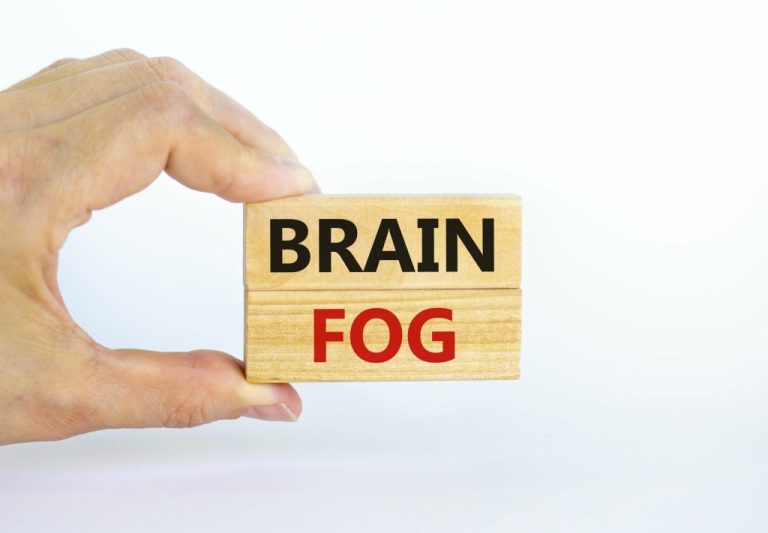Several factors determine length of stay, such as the severity of the addiction, a person’s history of substance abuse, their recovery progress, ability to follow rules and ability to pay rent. If you want to find the best sober living home near you, it’s important to carefully consider different options as each home is structured differently and usually has its own house rules. The best home for your individual needs might be one that is worth traveling for. While living in a halfway house, you will be expected to maintain your own responsibility and take care of yourself. This is an essential step towards full recovery because addiction might have caused you to lose your sense of responsibility and obligation.
- They provide a balance of supervision and independence that allows people to transition back to work, school and daily life.
- The value we place in the community, and ongoing support is incomparable.
- Other sober living homes may not have any requirements concerning the length of your stay.
- The cost of a Level 1 home is simply the cost of rent, utilities, and other shared expenses divided by the number of residents.
Great sober communities have quality standards for their recovery residences. These include having a process that assures addicts receive an orientation on agreements, policies, and procedures before traveling. Additionally, having a written agreement which discloses financial terms and house rules. Former residents have reported being banned from using mouthwash because it contains alcohol. Homes also differ in that some require the attendance of a 12-step program, while others will agree to less formal, non-12 step programs.
Rules in Recovery Housing
We strive to create content that is clear, concise, and easy to understand.

Transitional housing provides temporary but safe and supportive accommodation for homeless people or persons with substance abuse disorder. Transitional housing bridges the gap between homelessness and independent living. During the stay at transitional housing, residents can address issues that lead to homelessness through education, house meetings, counseling, therapies, and life skill training offered by the facility. Conceptually, halfway houses and sober living homes are very similar.
What Should I Look for in a Sober Living House?
Numerous studies have shown that most people who live in sober homes after attending treatment have low rates of relapse and are able to live productive lives. Sober living homes are realistic, cost-effective living environmentsr for people in recovery. There are situations where you’re allowed to stay out past the curfew. For example, if you have certain commitments to important areas of your life, such as school or work.
Level III homes employ administrative staffers, such as a facility manager and certified staff of case managers, and maintain an organizational hierarchy. Adding on to previous Levels’ services, Level III includes an emphasis on life skill development, offsite clinical services and in-house service hours. Halfway houses traditionally serve individuals recently released from incarceration, acting as a halfway point between prison and their own residence. A stay at a halfway house may be court mandated, but standard SLH residency is entirely up to the individual. Ethical behavior is vital when it comes to running an SLH or halfway house.
What to Look for When Choosing a Sober Living Home
And any co-occurring mental illnesses they may have should be actively managed by a psychiatrist and psychotherapist. Other admissions requirements might be that prospective residents agree to attend a certain number of 12-step meetings every week, regularly attend work or school, and consistently do in household chores. Choosing a sober living can provide a person struggling with addiction with a safe, positive environment.

New Jersey sober living homes are residential facilities that provide a supportive, safe, and structured substance-free living arrangement for persons in recovery. Sober living homes help people transition from rehab programs to independent living. The recovery residences do not provide medical care and supervision but permit residents to receive addiction What are sober living homes treatment from formal rehab programs. In New Jersey, the Department of Human Services (DHS) regulates and licenses sober living homes per state regulations on recovery residences. To live in most recovery residences, you must be abstaining from drug and alcohol use. Some homes will require that you already be sober for a specific period of time.